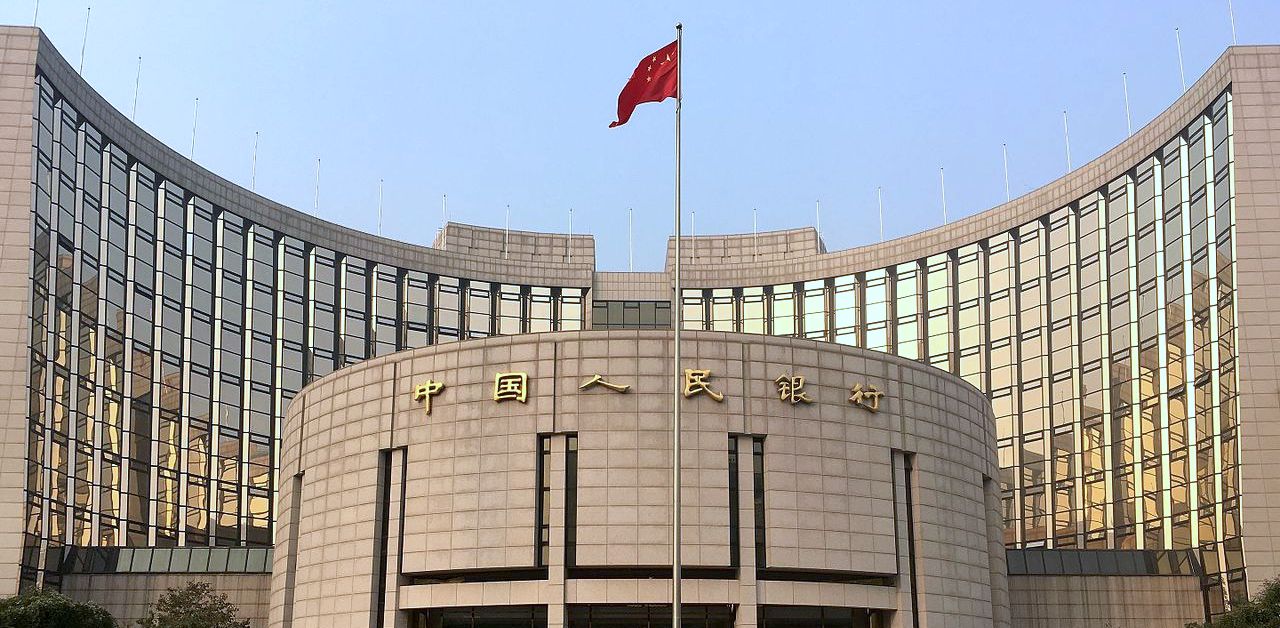China’s central bank announced a move to inject liquidity into the banking system on Wednesday, by conducting two billion-yuan ($281.6 million) worth of seven-day reverse repos at an interest rate of 1.8 per cent, Xinhua reported.
A reverse repo is a financial tool used by central banks to manage short-term liquidity. In this process, the People’s Bank of China (PBC) purchases securities from commercial banks with an agreement to resell them at a later date.
This injects short-term funds into the banking system, promoting healthy lending activity and economic growth.
The PBOC’s decision to conduct reverse repos suggests a proactive approach to maintaining stable liquidity conditions within the Chinese banking system.


